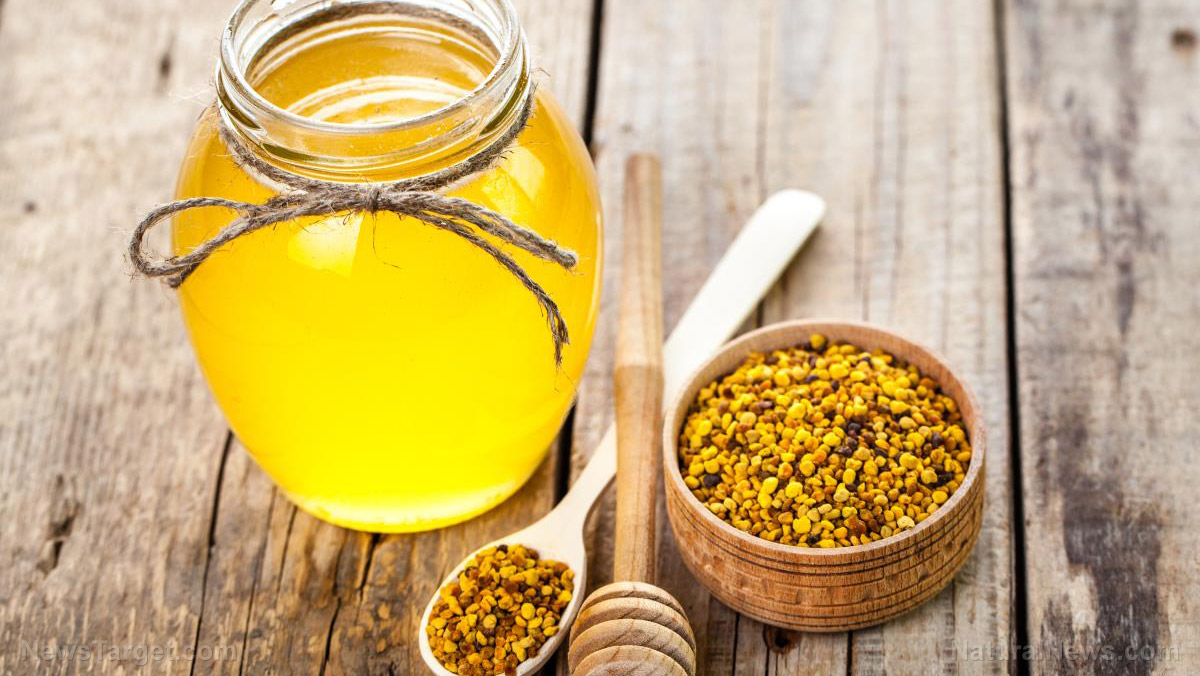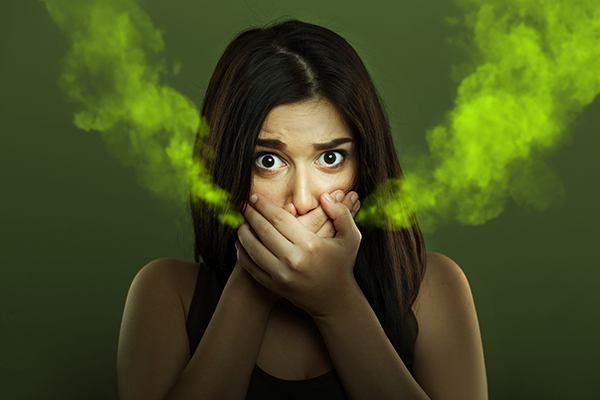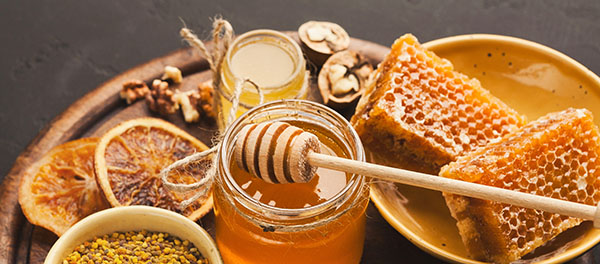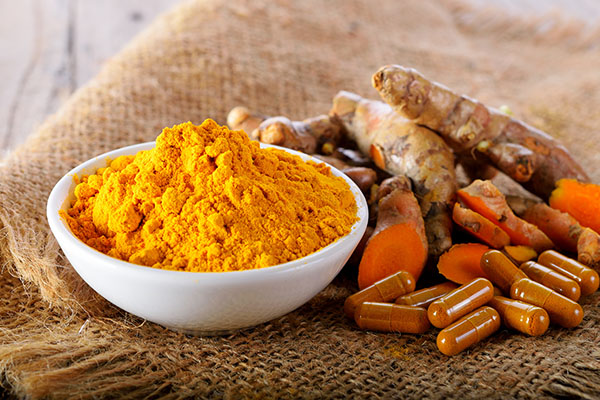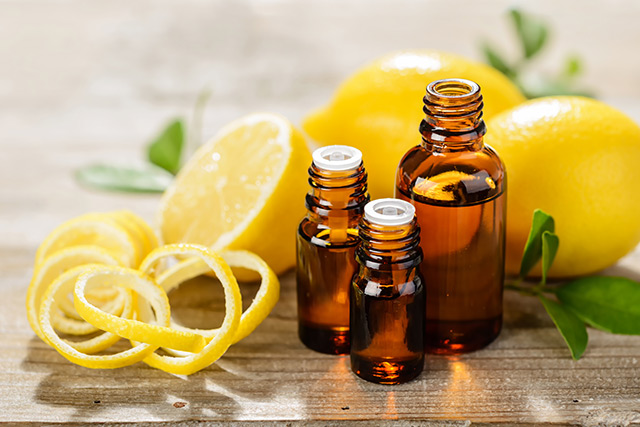Spending on mental health services among Americans has risen by 53% since start of pandemic
10/03/2023 / By Olivia Cook
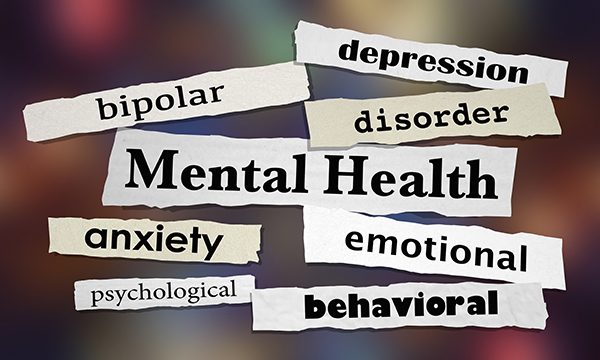
The Wuhan coronavirus disease (COVID-19) pandemic has affected the public’s mental health and well-being in many ways – grief from the loss of friends and loved ones, illness and death, isolation and loneliness, job loss and financial instability, and so much more
A new study published in the journal JAMA Health Forum assessed monthly telehealth and in-person use and spending rates for mental health services among commercially insured U.S. adults between 2019 and 2022.
Researchers from the RAND Corporation and Castlight Health reported spending on telehealth and in-person mental health services among Americans with private health insurance rose by 53 percent from March 2020 to August 2022. At the same time, the use of mental health services increased by 39 percent.
Anxiety disorders, bipolar disorders, major depressive disorders, post-traumatic stress (PTS), post-traumatic stress disorder (PTSD) and schizophrenia were the conditions examined, according to the study.
“The changes that occurred during the COVID-19 pandemic have triggered a significant expansion in the use of mental health services among adults with employer-based health insurance,” said Jonathan Cantor, lead author of the study and a policy research at RAND.
Dena Bravata, study co-author and senior scientific advisor, said: “The demand for mental health services further underscores the critical need to integrate behavioral health services into primary care. Through this integration we can address the growing issues around lack of access, affordability, and stigma, while providing a more comprehensive, person-centered approach to overall health.”
Stress reduction measures
Here are some natural ways to reduce your cortisol (stress hormone) levels in 30 minutes or less – without the use of prescription medication.
Aromatherapy. Apply a few drops of essential oils known for their calming and relaxing effect while at work. Try bergamot, chamomile frankincense, orange blossom, rose, sandalwood, vetiver and ylang-ylang.
Bathing. Wash away a day of stress by soaking in warm water. Hot water is healing with passive heating.
Breathing. Learn breathing techniques to help you deal with stress or avoid a panic attack, which can lead to a faster heart rate, dizziness, muscle tension and other symptoms.
Laughter. Laughing can lighten your mental load and can lead to positive physical changes in your body. Hang out with your “funny” friends, read or tell some jokes, try laughter yoga or watch a comedy. Learn the stress management benefits of laughter.
Meditation. Consciousness-changing techniques, like meditation, have been shown to have many benefits on psychological well-being – taking your breathing exercises a step further to find inner peace.
Napping. Even 10-15 minutes of napping can help your body and mind reset.
Self-massage. Learn about acupressure and how to stimulate pressure points in your body to relieve anxiety symptoms. Buying a massage pad for your chair is a ‘worth-it’ purchase to relax your muscles. A back massager with heated functionality will help you de-stress and relax even more.
Sleep. It is the time when your brain and body recharge. How well and how long you sleep affects your energy level, focus, mood and overall hygiene. (Related. Improve sleep quality to bolster your resilience against anxiety and depression.)
Socialization. Reach out to family and friends and make social connections when you’re stressed. Take coffee breaks with co-workers and friends or visit your place of worship. Socializing can offer a pleasant distraction give you support and help you cope with life’s ups and downs.
Stretching. Everyone can do stretching exercises regardless of their fitness level. It is also a good start for those who usually don’t exercise regularly. Check out these simple stretch exercises you can do sitting or standing at your work desk.
Tea. The warmth of a cup of tea can soothe your mind. Some herbal teas are also packed with mind-easing compounds and scents. Check out these 10 best teas for stress. (Related: 8 Tips to help you manage anxiety naturally plus herbal tea recipes for anxiety relief.)
Read more news about the effects of the pandemic at Pandemic.news
Watch the following video about the seven laws of mental health.
This video is from the PatchSDA channel on Brighteon.com.
More related stories:
9 Herbs that can support mental health.
BURNED OUT: 1 in 5 nurses could quit over the next 4 years due to post-pandemic burnout.
Brain food: Nutrient therapy can address mental health issues.
Food for the brain: Review examines the link between diet and mental health.
Sources include:
Submit a correction >>
Tagged Under:
alternative medicine, beat depression, depression, health coverage, infections, Mental Disorders, mental health, Mind, natural cures, natural medicine, outbreak, pandemic, real investigations, remedies, research, stress management, stress relief
This article may contain statements that reflect the opinion of the author
RECENT NEWS & ARTICLES
COPYRIGHT © 2017 NATURAL CURES NEWS


